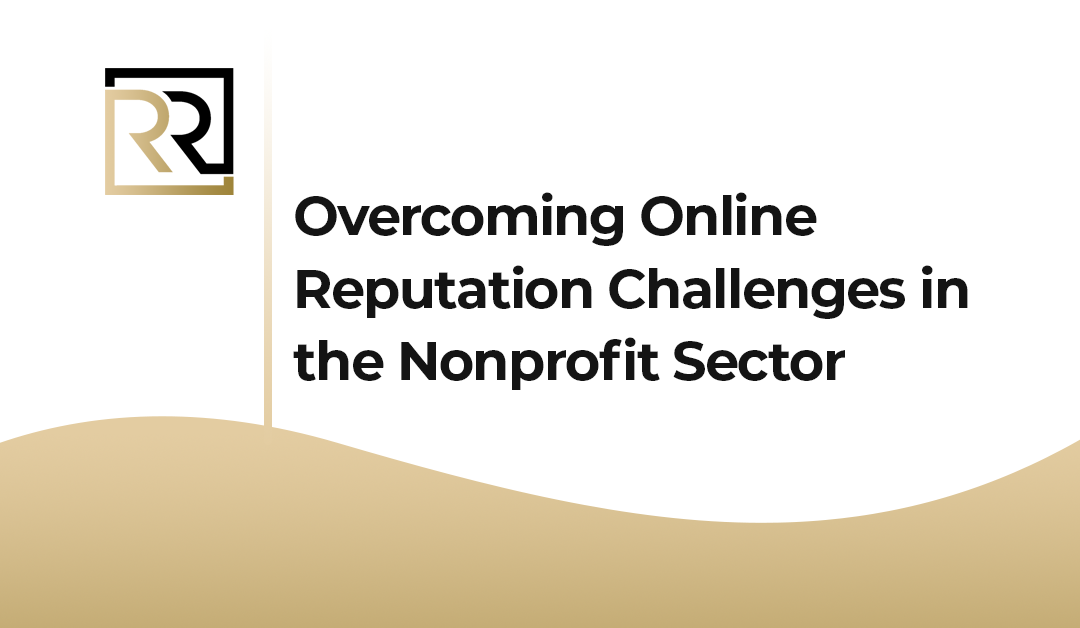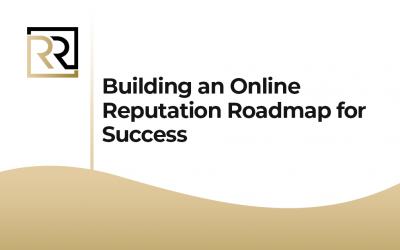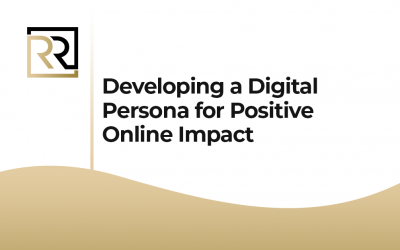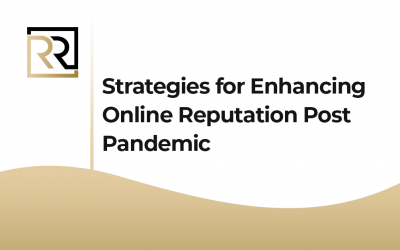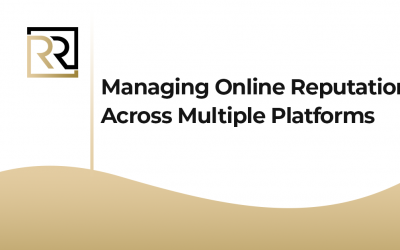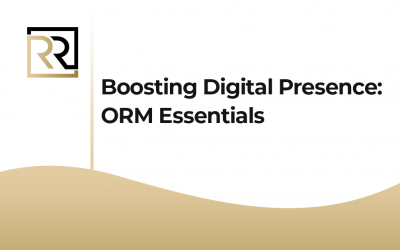Online Reputation Challenges in the Nonprofit Sector
In today’s digital era, online reputation is critical for nonprofit organizations to attract donors, engage supporters, and fulfill their missions effectively. However, navigating the online landscape presents unique challenges for nonprofits, including managing reputational risks, building trust, and standing out in a crowded space. Thus, in this article, we’ll explore the specific challenges that nonprofits face in managing their online reputation and provide actionable strategies for overcoming these obstacles to achieve greater impact and success.
Overcoming Online Reputation Challenges in the Nonprofit Sector: Strategies for Success
1. Building Trust and Credibility
Firstly, one of the primary challenges for nonprofits in managing their online reputation is building trust and credibility with stakeholders. Thus, unlike for-profit businesses, nonprofits often rely on donations and volunteer support to fund their initiatives. In fact, to attract donors and volunteers, nonprofits must establish trust and credibility in their online presence. However, in an environment where skepticism and misinformation abound, building trust can be challenging.
Actionable Strategy: To overcome this challenge, nonprofits should prioritize transparency and authenticity in their online communications. Additionally, this includes providing clear and accurate information about their mission, programs, and impact. For example, Sharing success stories, testimonials, and financial reports can also help demonstrate accountability and build trust with donors and supporters.
2. Managing Reputational Risks
Secondly, nonprofits are susceptible to reputational risks stemming from negative media coverage, social media backlash, or controversial issues related to their cause. Also, negative publicity can damage a nonprofit’s reputation and erode public trust, making it harder to attract donors and secure funding.
Actionable Strategy: Indeed, nonprofits should have a proactive crisis management plan in place to mitigate reputational risks and respond swiftly to negative publicity. Also, this includes monitoring online conversations about the organization, having designated spokespersons to address media inquiries, and communicating transparently with stakeholders during times of crisis. Besides, by being prepared and proactive, nonprofits can minimize the impact of reputational challenges on their online reputation.
3. Standing Out in a Crowded Space
Further, with thousands of nonprofits vying for attention and support, standing out in a crowded online space is another significant challenge. Therefore, nonprofits must find ways to differentiate themselves and capture the attention of potential donors and supporters amidst the noise.
Actionable Strategy: Nonprofits can leverage storytelling and compelling visuals to make their cause more relatable and engaging to their audience. For example, sharing impactful stories of the individuals or communities they serve, along with photos and videos that bring their mission to life, can help capture attention and inspire action. Additionally, nonprofits can use targeted digital marketing tactics, such as social media advertising and search engine optimization, to reach specific audiences and amplify their message.
4. Engaging Supporters Effectively
Generally, engaging supporters and maintaining their interest and involvement over time is crucial for nonprofits to sustain their impact. However, keeping supporters engaged in a meaningful way can be challenging, especially in an online environment where attention spans are short, and competition for attention is fierce.
Actionable Strategy: Nonprofits should focus on building relationships with their supporters through personalized and interactive online experiences. For example, this can include sending personalized email communications, hosting virtual events or webinars, and providing opportunities for supporters to get involved directly in their programs or campaigns. Basically, by fostering a sense of community and belonging, nonprofits can keep supporters engaged and committed to their cause.
5. Leveraging Social Proof and Peer Influence
Social proof, or the tendency of people to follow the actions of others, can be a powerful tool for nonprofits in building credibility and attracting support. However, harnessing social proof effectively requires nonprofits to cultivate positive word-of-mouth and peer influence online.
Actionable Strategy: Nonprofits can leverage social proof by showcasing testimonials, endorsements, and success stories from satisfied donors, volunteers, and beneficiaries. Thus, encouraging supporters to share their experiences on social media and participate in peer-to-peer fundraising campaigns can also help amplify social proof and influence others to get involved. Also, by harnessing the power of social proof, nonprofits can enhance their online reputation and attract more support for their cause.
Conclusion: Online Reputation Challenges in the Nonprofit Sector
While nonprofits face unique challenges in managing their online reputation, they also have significant opportunities to overcome these obstacles and achieve greater impact and success. Therefore, by prioritizing transparency and authenticity, proactively managing reputational risks, telling compelling stories, engaging supporters effectively, and leveraging social proof, nonprofits can build trust, attract support, and fulfill their missions more effectively in the digital age. Moreover, embracing these strategies will enable nonprofits to overcome online reputation challenges and make a meaningful difference in the communities they serve.
Take care of your reputation resolutions with us.
Services
Our Services
Search Engine Content Removal
Social Media Content Removal
Positive Content Creation
Online Reviews Optimization
Search Results Optimization
Learn
Our Blog
Building an Online Reputation Roadmap for Success
Online Reputation Roadmap for Success Further, in today's digital-centric world, your online reputation holds significant sway over your success, whether you're an individual professional, an...
How to Use ORM Tools Effectively for Your Business
How to Use ORM Tools Effectively for Your Business Further, in today's digital landscape, a business's online reputation can make or break its success. Furthermore, with consumers...
Developing a Digital Persona for Positive Online Impact
Developing a Digital Persona for Positive Online Impact Further, in today's digital age, establishing a strong online presence is no longer just an option; it's a necessity. Whether you're an...
The Role of Content Marketing in ORM
The Role of Content Marketing in ORM In today's digital landscape, the role of content marketing has become paramount for businesses and individuals alike. Indeed, consumers...
Strategies for Enhancing Online Reputation Post Pandemic
Enhancing Online Reputation Post Pandemic As the world emerges from the shadow of the COVID-19 pandemic, businesses and individuals are grappling with the aftermath and adapting to a...
The Importance of Consistency in Online Branding
Consistency in Online Branding In the digital age, establishing a strong online presence is essential for businesses to succeed in a competitive marketplace. However, merely having a presence...
Managing Online Reputation Across Multiple Platforms
Online Reputation Across Multiple Platforms Further, in today's interconnected digital landscape, managing online reputation across multiple platforms has become essential for businesses and...
The Link Between Online Reviews and Brand Image
Online Reviews and Brand Image Online Reviews and Brand Image, in the digital age, where consumers are just a click away from expressing their opinions, online reviews have become a...
Boosting Digital Presence: ORM Essentials
Boosting Digital Presence Essential Strategies for Effective Online Reputation Management (ORM) Boosting Digital Presence, in the digital age, where online interactions shape perceptions and...


